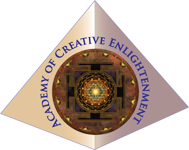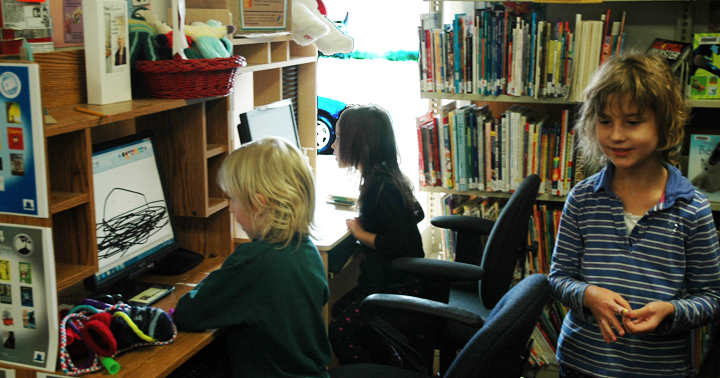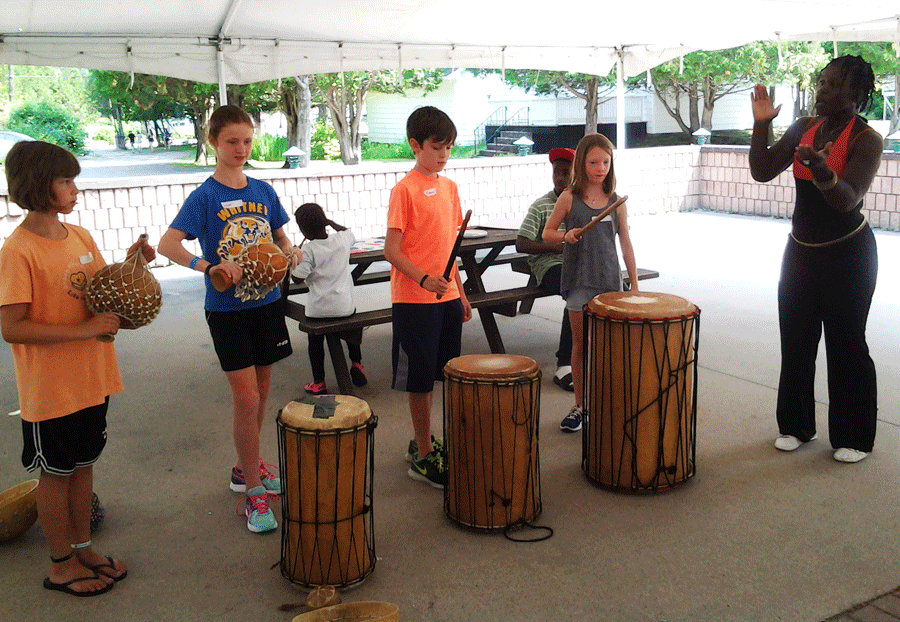Henry David Thoreau
Consciousness Development
The foundation of all life is Consciousness. We discover an understanding of life through wonder and a conscious quest of knowledge. This is also the fundamental foundation of life at PEACE School. We encourage children to consider the whole Universe from a holistic perspective, not from by myopic subjects, with no context. If a child experiences a dramatic moral and spiritual growth within, s/he will have no problems mastering any scholarly subject.
Each school day begins with some form of energy, vibrational frequency or movement, beyond the physical and intellect, to bring everyone into focus for the day … meditation, music (chanting, song, etc.) and dance (yoga, Pilates, martial arts, etc.). Special attention is given to exercising and healing the physical and mental vessel … our Earthly space suit, to remove obstacles and veils that obstruct our ability to reach the wholeness and fullness of our potentiality. This enables students and Facilitators to develop the dexterity to stretch beyond the limitations of the form and mind. This exercise also enables each child and Facilitator to deepen self-awareness, learning about their inner self – to trust their intuition, insight and instincts. A common area of focus, endeavour and discovery is created, as Mentors and students practice together. The practice also enhances the Mentor-student relationship, as both parties become sensitive to the need to enable time and space to consider, reflect and express their inner awareness. It allows both parties to conduct their learning journey in the present, with minds meeting in the here and now.
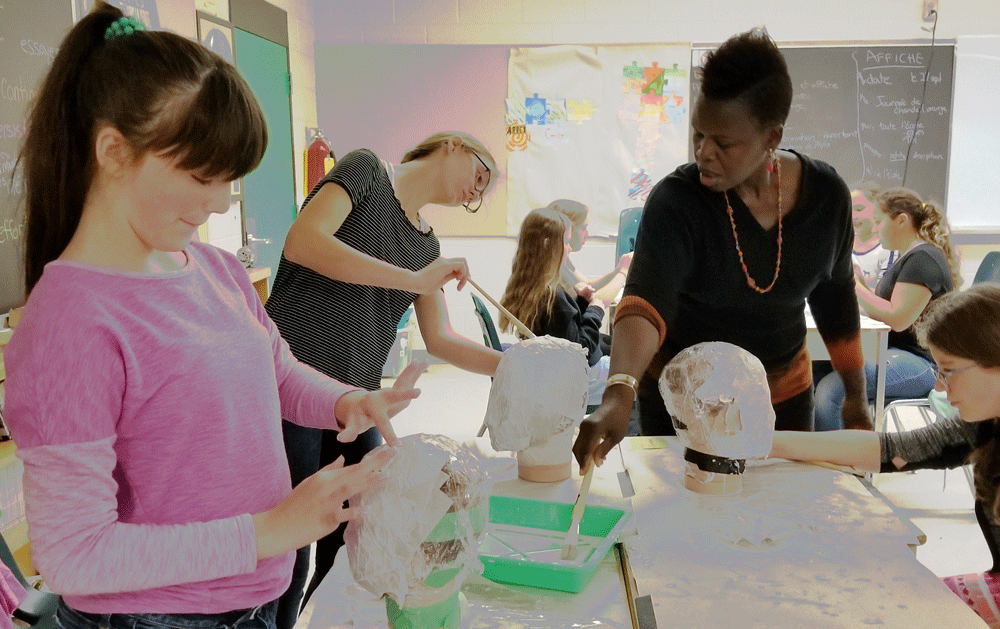
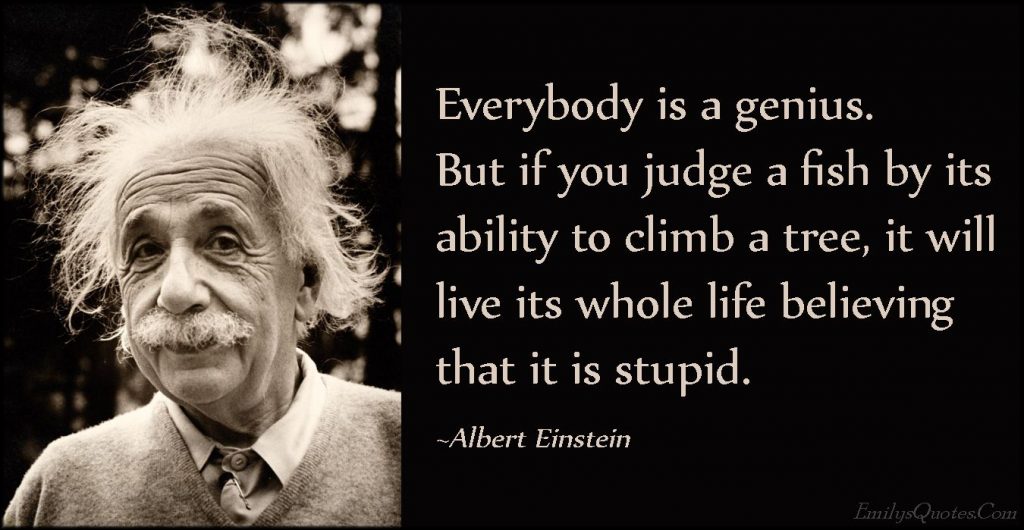
ACE Arts Programs
At ACE, Art is the key to advanced or enlightened development for all children. All Academia is infused with the Arts, to create a memorable engaging experience. These programs encompass Music, Theatre, Dance, Media, Fine and Visual Culinary Arts. Art studies begin with the introduction of creative tools, skills and concepts. In the early grades, students explore the fundamentals of art in the world around them to learn how to express and communicate their immediate environment, experiences and interests through visual imagery. Students engage in creative activities (drawing, painting, printmaking, sculpting) and experiment with a variety of tools and materials, while they observe, describe and appreciate how artists use the elements and principles of design in their works, to create art that tell stories that express thoughts, feelings and insights.
Language Arts
Language development is the key to communication and central to students’ intellectual, social and emotional growth. It incites curiosity and encourages them to explore and learn how to navigate through their world. Language Arts is the development of an ability to share and communication experiences with others. Students learn to define and refine their expression of feelings and opinions and, as they mature, use language in many expressive forms (prose, poetry, song, etc.) to expand, enhance and share their experience in a meaningful manner.
Students come to appreciate language both as an important medium for communicating ideas and information, and as a source of enjoyment. Language skills are necessary to comprehend ideas and information, to interact socially, to inquire into areas of interest and study, and to express themselves clearly and demonstrate understanding.
Students are provided a strong foundation in the language arts and literacy program with an emphasis on phonetics, grammar, spelling, vocabulary development and a movement through printing, cursive writing and writing – the keys to eloquent and fluid communication. They will have ample opportunity to develop, practice and hone their communications skills throughout the academics and arts programs.
